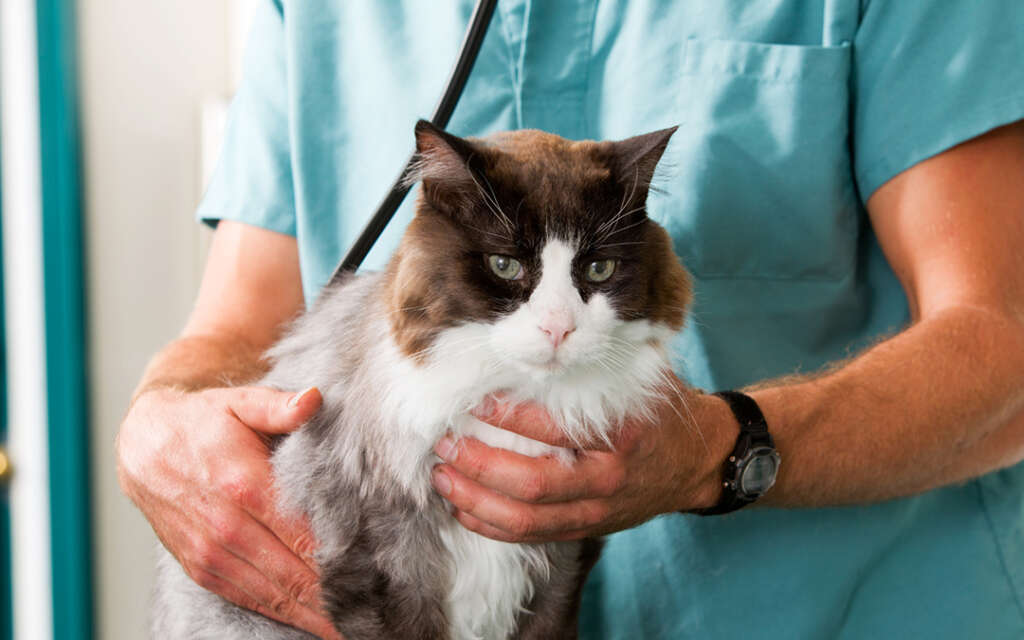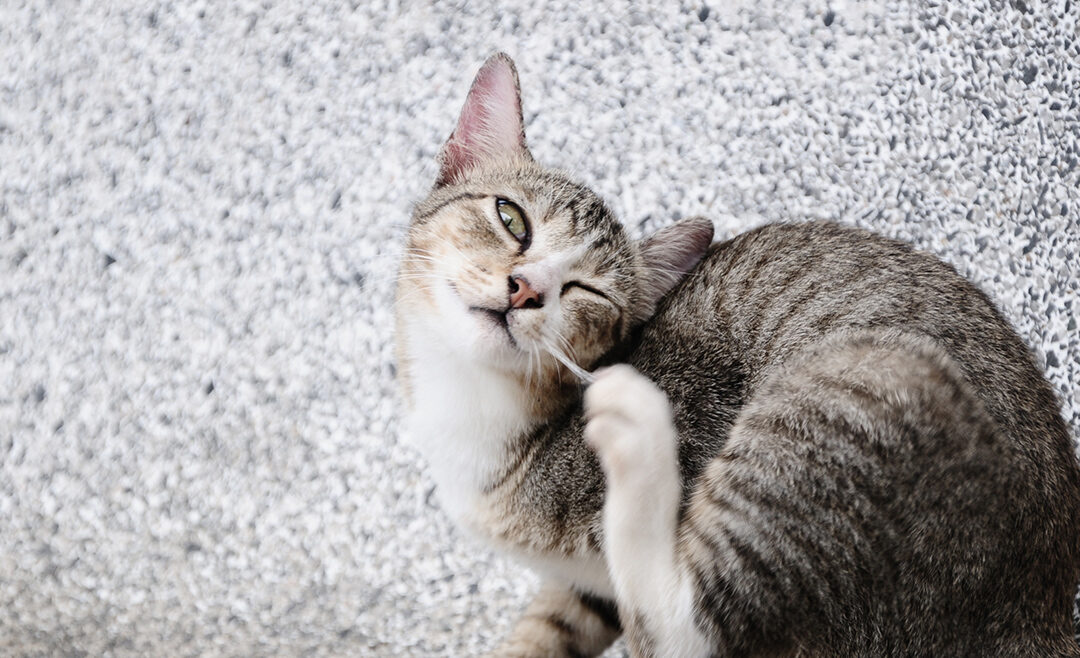If your cat is scratching its ears more than usual, ear mites might be to blame. These microscopic parasites can infest your cat’s ears, causing severe itching, redness, and even infection. Ear mites in cats are highly contagious, making them a common issue that requires prompt attention.
Understanding Ear Mites in Cats
Ear mites are tiny, highly contagious parasites that can cause significant discomfort and health issues in cats. Known scientifically as Otodectes cynotis, mites thrive in the ear canal, where they feed on ear wax and oils. Early detection and treatment are crucial to prevent severe complications.
Causes of Ear Mites in Cats
Ear mites are primarily transmitted through direct contact with an infected animal. This can include other household pets, wild animals, or a newly adopted cat from a shelter. Their highly contagious nature means that once one animal is infected, the mites can quickly spread to others in close proximity.
Certain environments can increase the risk of ear mite infestations. Cats that spend time outdoors or in multi-pet households are more likely to encounter these pests. Contaminated bedding and grooming tools can also facilitate the spread of ear mites.
Symptoms of Ear Mites in Cats


Common Signs and Symptoms to Watch For:
- Excessive scratching of the ears
- Head shaking
- A dark, crusty discharge resembling coffee grounds
- Redness and swelling in the ear canal
- Behavioral changes, such as irritability or decreased appetite
Behavioral Changes Indicating Ear Mites
Cats suffering from ear mites may display noticeable discomfort. This can include rubbing their ears against furniture, excessive grooming of the ears, and general restlessness. Severe irritation can lead to secondary infections and further complications if left untreated.
Diagnosing Ear Mites in Cats
A vet will perform a thorough examination to diagnose ear mites. This typically involves taking a sample from the ear with a cotton swab and examining it under a microscope to confirm the presence of mites.
While professional diagnosis is recommended, pet owners can look for telltale signs in the cat’s ears— dark, crusty ear discharge and persistent scratching. However, it’s crucial to consult a vet for an accurate diagnosis, as ear infections and mites require different treatments.
Treatments for Ear Mites in Cats
Treatment for ear mites usually involves anti-parasitic medications, which can be administered in oral or topical forms. These medications effectively kill mites and eliminate eggs to prevent re-infestation.
Some natural remedies, such as mineral oil or diluted hydrogen peroxide, can help alleviate symptoms, but they are not a substitute for veterinary care. Over-the-counter treatments are available but may not be as effective as prescribed medications.
Preventing Ear Mites in Cats
Regular ear cleaning can help prevent ear mite infestations. Use a vet-approved ear cleaner and avoid inserting objects deep into the ear canal to prevent injury.
Minimize your cat’s exposure to potential sources of ear mites by keeping them indoors, maintaining a clean environment, and ensuring other household pets are also mite-free.
Complications from Untreated Ear Mites
Untreated ear mites can lead to severe skin infections and inflammation, known as otitis externa. This condition can cause chronic pain and hearing loss if not addressed promptly.
Chronic infestations can weaken the immune system, making your cat more susceptible to other infections. Persistent scratching and head shaking can also cause hematomas in the ear flaps, requiring surgical intervention.
Home Remedies for Ear Mites
While home remedies can offer temporary relief, they should not replace veterinary treatment. Ensure any home remedy used is safe and non-toxic for cats.
Always consult your vet before trying home remedies. Some substances, while effective for humans, can be harmful to pets.
When to See a Vet


For suspected ear infections in cats, it’s essential to seek veterinary care. Symptoms like severe itching, discharge, and behavioral changes warrant a vet visit.
Regular check-ups and preventive care can help detect and treat ear mites early, preventing long-term damage. Your vet can also provide guidance on effective prevention strategies and overall ear health maintenance.Regular monitoring and prompt treatment of ear mites are essential to your cat’s well-being. By maintaining good ear hygiene and seeking veterinary care when needed, you can ensure your feline companion remains healthy and comfortable. For more information on ear mite treatments and other pet care services, visit our pet treatment and urgent care pages.



